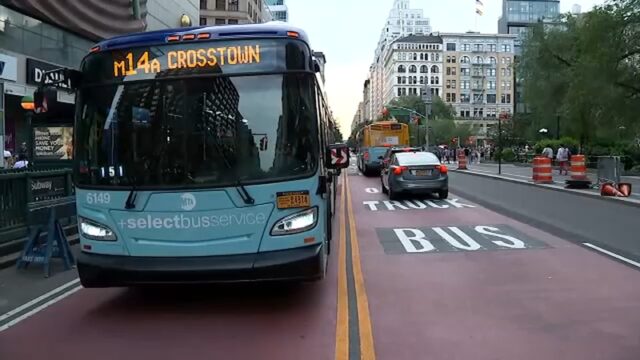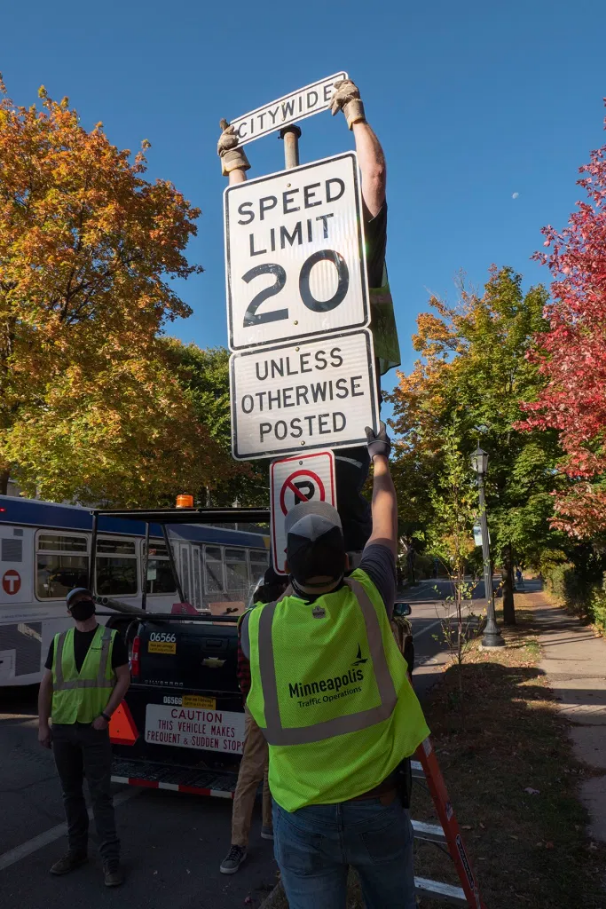It’s a long, hard road ahead for Secretary Pete Buttigieg and the USDOT cabinet he is expected to lead. The COVID-19 pandemic continues to wreak havoc on the country, endangering local governments, transit agencies, and a precarious economic recovery. Equity, safety, and environmental concerns continue to mount nationwide: pedestrian fatalities are at a 30-year high, disproportionately impacting low-income communities and communities of color, and transportation emissions remain the largest source of US greenhouse gas emissions. Addressing these issues will require a wholesale rethinking of many aspects of how the US sets transportation policy.
Fortunately, if personnel is policy, we’re already seeing a new day in Washington, and if a 86-to-13 vote is anything to judge by, it is a mandate for change.
As many have noted (indeed, with a similar list made by our friends at Transportation for America), The Biden-Harris administration has recruited dozens of inspired picks to set a new course for American mobility, elevating city issues—and city-driven solutions—to the federal level. Many appointees have direct experience exploring the intertwined issues we face and the ways transportation can help unravel them. At a time when cities face so many challenges, yet remain critical sites of innovation, these appointees will bring invaluable expertise and perspectives they can immediately put to work.

The 14th Street Busway in Manhattan
Some notable names include:
- Polly Trottenberg, Deputy Secretary: In New York City, Polly pushed against national political headwinds to implement innovative programs, including the country’s first Vision Zero initiative, largest speed camera program, and the 14th Street Busway, a national model for transit access in the heart of Manhattan.
- Christopher Coes, Principal Deputy Assistant Secretary for Transportation Policy: Coming from Smart Growth America, Christopher’s appointment acknowledges the inextricable link between land use and transportation policy. His expertise on the relationship between these two areas, and how they both influence housing affordability, public health, access to jobs and services, and so much more, bodes well for a cabinet seeking to build more resilience and opportunity into society.
- Nuria Fernandez, Deputy Administrator, Federal Transit Administration: Nuria has a multi-decade career holding leadership positions at transit authorities across the country, from NYC and Chicago to Washington, DC and San Jose. She brings on-the-ground agency experience to the federal level at a time when transit’s future, and its ability to serve communities nationwide, is in jeopardy.
- Maurice Henderson, Senior Advisor: Maurice brings extensive experience developing innovative, equity-driven initiatives in the public sector to USDOT, previously serving as COO of TriMet and Deputy Director at the Portland Bureau of Transportation.

New speed limit signs go up in Minneapolis
- Robin Hutcheson, Deputy Assistant Secretary for Safety Policy: Robin brought safety to the fore in Minneapolis, reducing speed limits citywide to better reflect the complexity and conflicts of urban streets, while prioritizing projects that elevate biking and transit as safe, reliable options for all people. She was also a NACTO board member for seven years, most recently as President.
- Meera Joshi, Deputy Administrator, Federal Motor Carrier Safety Administration: Meera has a track record of showing how thoughtful regulation can create better policy outcomes. As Commissioner of the NYC Taxi & Limousine Commission, she managed the proliferation of ridesharing vehicles on New York City streets and its impact on drivers through innovative data collection and pay protection requirements.
- Irene Marion, Director, Departmental Office of Civil Rights: Irene worked as the Equity & Inclusion Manager at the Portland Bureau of Transportation, where she incorporated antiracist approaches into Portland’s transportation planning, practices, and projects in pursuit of a more just and accessible city.
- Stephanie Pollack, Deputy Administrator, Federal Highway Administration: Stephanie is a demonstrated champion for city transportation. From fashioning the MBTA into a national leader in on-street bus priority, to leading the development of an influential statewide bikeway design guide, her time at the helm of MassDOT demonstrated her commitment to city needs, and a keen ability to achieve results.
- Dani Simons, Assistant to the Secretary and Director of Public Affairs: An NYC DOT alum, Dani was instrumental in the early years of Citi Bike, molding an ambitious, but nascent program into an international model in bike share, and launching Summer Streets, a marquee event that opens Park Avenue in Manhattan for people walking, biking, and rolling to enjoy their streets as public space.
Building connected, accessible, safe transportation networks requires strong local leadership and vision, but without supportive federal policy and funding, the movement to build better cities through transit, bikeways, and sidewalk networks, is constrained.
That’s why we’re happy to see such stellar appointments to USDOT. So far, they indicate a thoughtful and deliberate approach from the new administration. These individuals are leaders from cities and transit agencies who have seen success in realizing results for the communities they serve. If their bodies of work indicate the mindset they will bring to the job, then the Biden-Harris administration has made notable, city-focused picks who deserve support and who we can expect to bring a meaningful focus on city issues to the federal level for the first time in decades.
As Transportation for America said, while these appointments bring optimism, “we can’t rest easy: we need to seize this historic opportunity in our fight for transportation that actually connects Americans to the places they need.”
In that spirit, NACTO celebrates announced appointees to the USDOT, while also recognizing positive results are not guaranteed—it will take continued effort to ensure this opportunity is used to to enact policies in support of America’s cities and transit agencies and the communities they serve. NACTO looks forward to partnering with these inspired leaders to set a new course for American mobility and build back better, together.